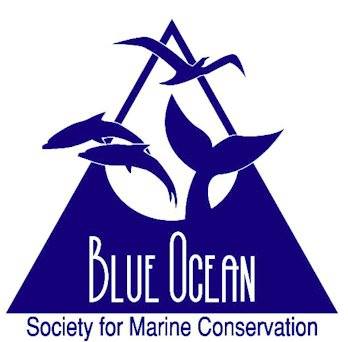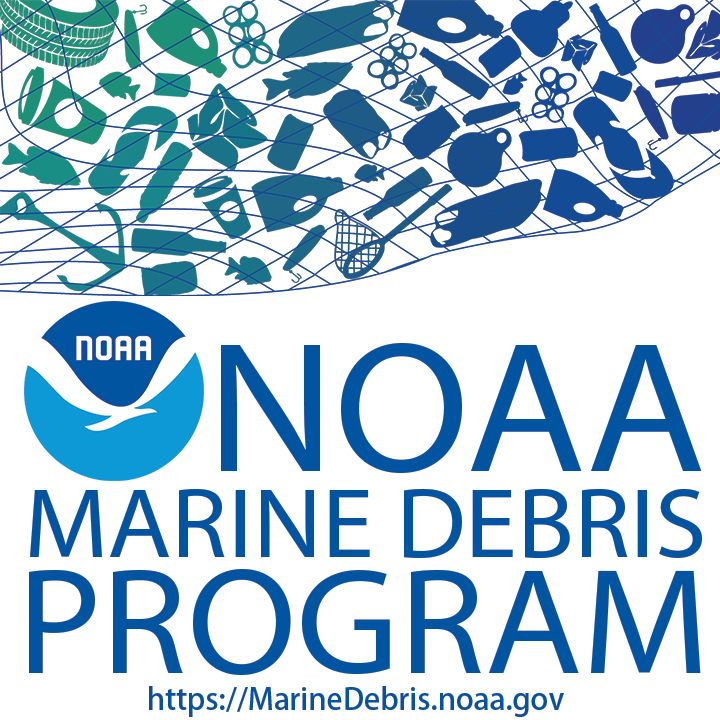Helping to Make our Beaches and Coastal Waters Safe and Clean
Marine debris, human-derived waste that has entered waterways and oceans, is of increasing concern both along New Hampshire’s coastline and in its waters. Marine debris affects marine life, recreation, fisheries and it poses health and safety hazards in our waters and beaches. NH Sea Grant has been addressing the problem of marine debris through outreach, education and innovative removal solutions.
Beach Microplastics Monitoring Program
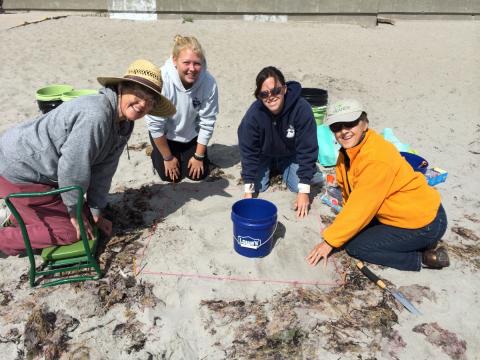
In partnership with the Blue Ocean Society, the University of New Hampshire Cooperative Extension and New Hampshire Sea Grant works to study microplastics on New Hampshire beaches. Microplastics are defined as plastics between 1-5mm in size. They can include fragments of larger plastics such as bottles, films from straw wrappers, pieces of foam, and filaments of rope or synthetic fibers.
Looking at microplastics on NH beaches
Marine Debris to Energy
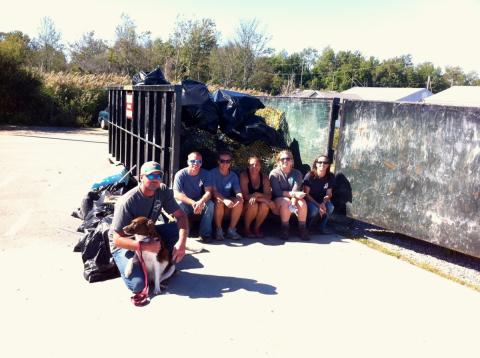
In a three-year project, from 2011-2014, 36 tons of derelict fishing gear - such as buoys, fishing line, lobster pots and nets - along with 12 tons of trash was collected from hundreds of beach cleanups along the Seacoast. The debris was placed in marked dumpsters, collected and combusted into energy via a waste-to-energy plant, Wheelabrator Technologies, located in Massachusetts. This NH Sea Grant and UNH Cooperative Extension program was done in collaboration with the non-profit Blue Ocean Society.
More Information on Marine Debris
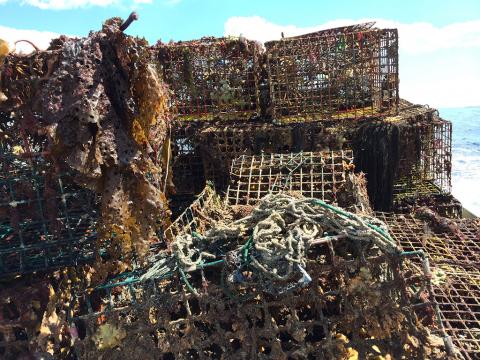
Contact
Gabriela Bradt, Ph.D.
Fisheries Extension Specialist
gabriela.bradt@unh.edu
(603) 862-2033
In Partnership With:
